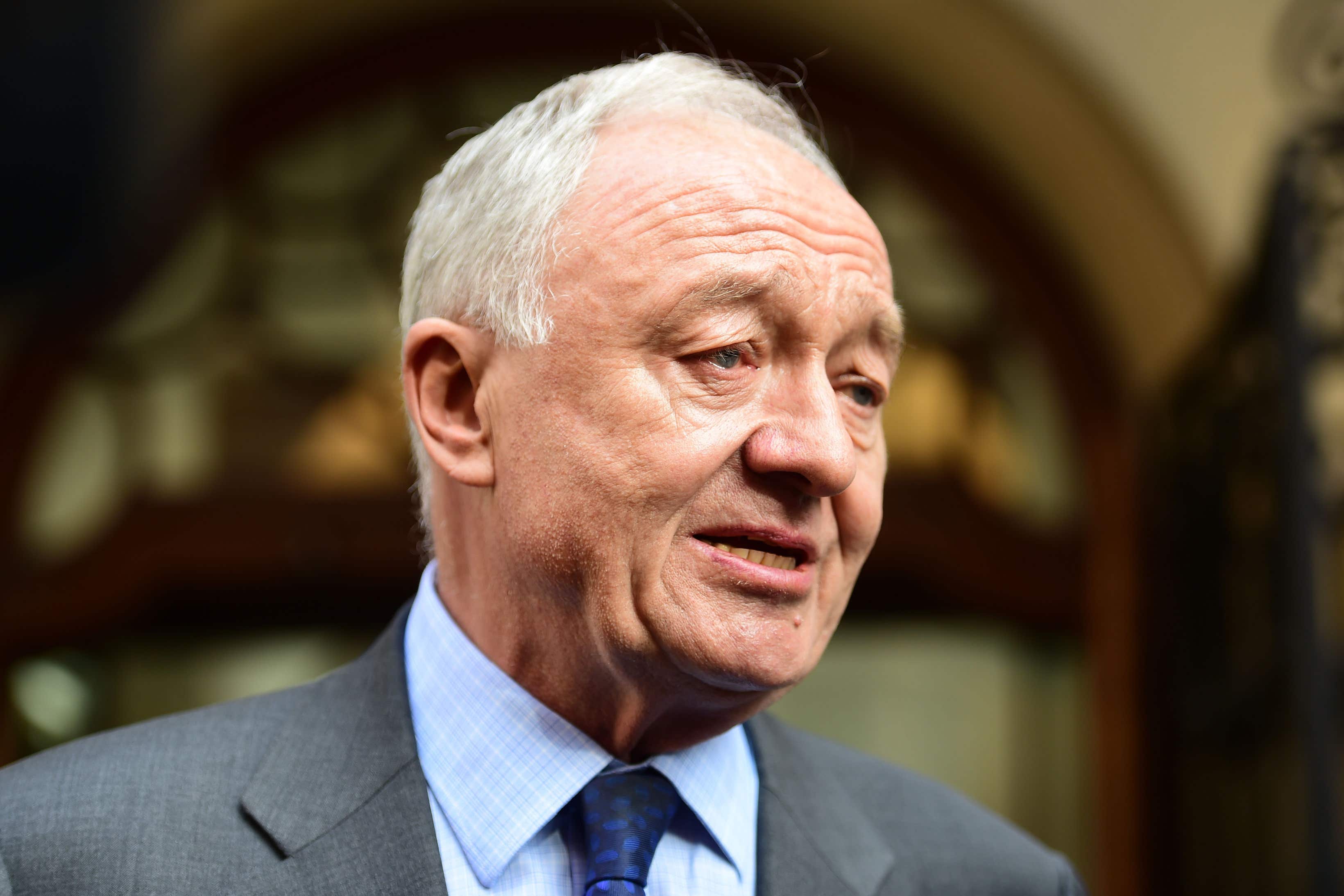As Ken Livingstone’s diagnosis is made public, what is Alzheimer’s?
On average, people with Alzheimer’s live for around eight to 10 years after first developing symptoms.

Former London mayor Ken Livingstone is suffering from Alzheimer’s disease, his family has announced.
The disease is a physical illness which damages the brain, according to the Alzheimer’s Society charity.
It is the most common cause of dementia in the UK.
There are currently estimated to be 900,000 people in the UK with dementia and the figure is projected to rise to 1.6 million people by 2040, according to the charity.
Some 209,600 people will develop dementia this year in the UK, equivalent to one every three minutes.
There are 55 million people living with dementia around the globe.
It is estimated that this number will rise to 139 million by 2050.
Symptoms for Alzheimer’s disease include severe memory loss, confusion, disorientation, anxiety and hallucinations, according to the NHS.
Alzheimer’s disease, and other types of dementia, affect one in six people over the age of 80.
There is currently no cure for Alzheimer’s disease.
But there is medicine available that can temporarily reduce the symptoms, according to the health service.
There were 141 drugs in clinical trials to treat Alzheimer’s disease in July, according to the Alzheimer’s Society.
On average, people with Alzheimer’s live for around eight to 10 years after first developing symptoms.
Its exact cause is unknown, but increasing age, family history of the condition, previous severe head injuries and lifestyle factors linked to cardiovascular disease are thought to increase the risk of developing it.
Alzheimer’s disease is named after Alois Alzheimer, the doctor who first described it.